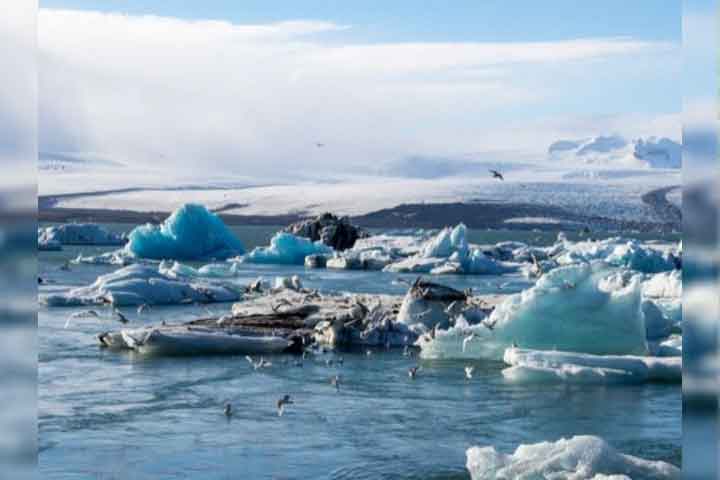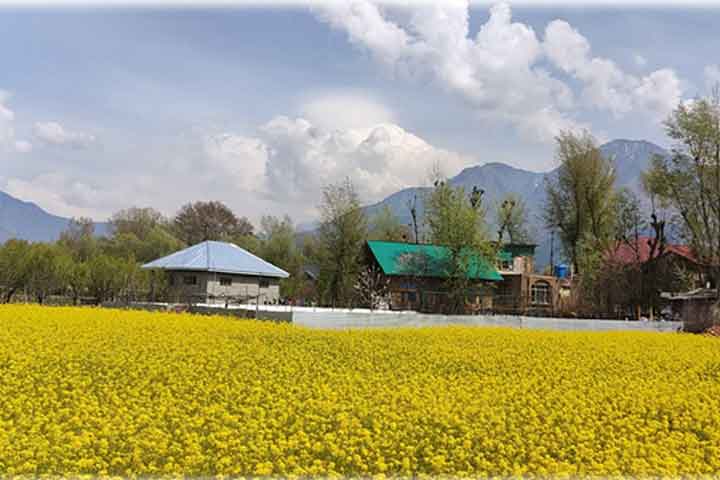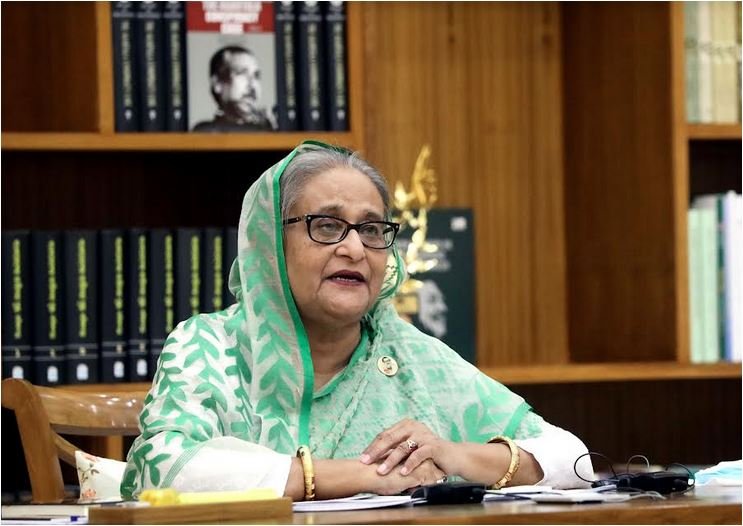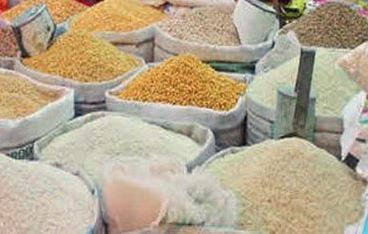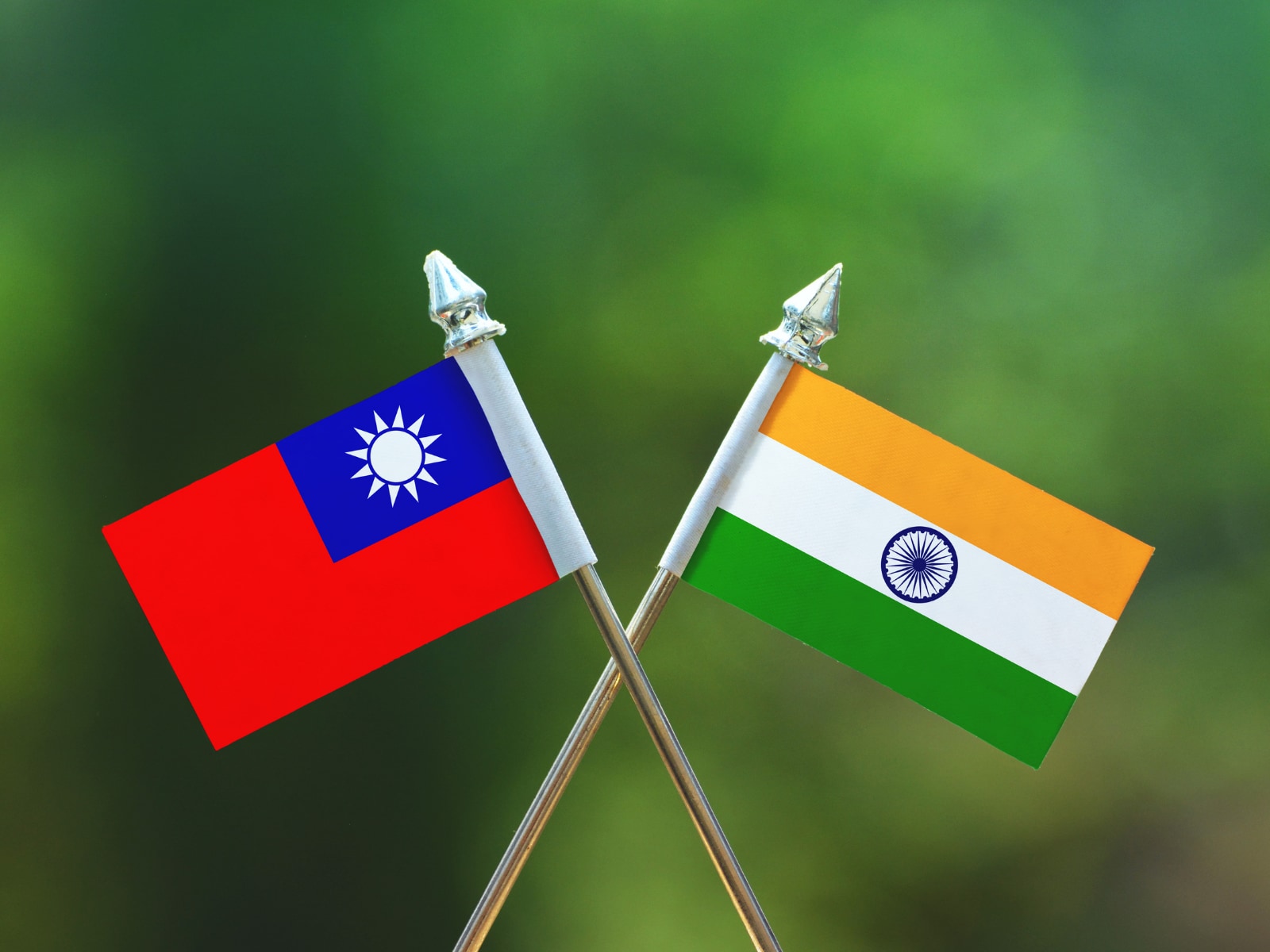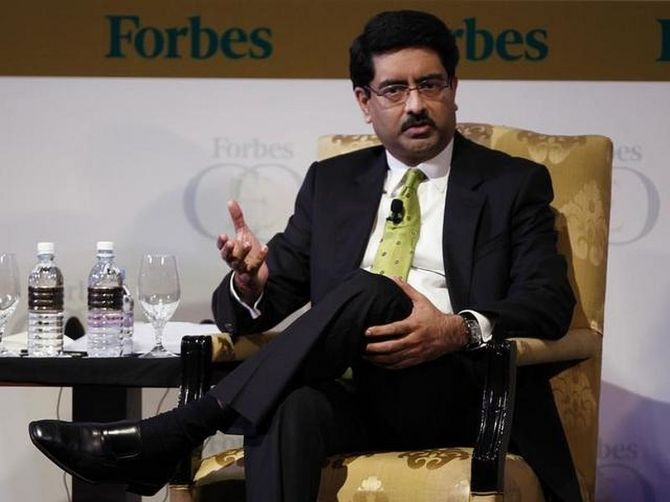Working Together to Meet the Challenges of Our Times and Build a Better Future
President of the People’s Republic of China Xi Jinping has delivered his speech at Session I of the 17th G20 Summit. Remarks by H.E. Xi Jinping are highlighted below.
Your Excellency President Joko Widodo,
Colleagues,
It gives me great pleasure to attend the G20 Bali Summit. At the outset, I wish to thank President Joko Widodo and the Indonesian government for making these thoughtful arrangements for the Summit. I also salute the Indonesian presidency for its important role in promoting G20 cooperation.
We meet at a time of momentous changes unseen in a century, changes that are consequential to the world, to our times, and to history. The COVID-19 pandemic still drags on with cases surging here and there. The world economy is getting more fragile. The geopolitical environment remains tense. Global governance is seriously inadequate. Food and energy crises are compounded with one another. All this poses formidable challenges to our development.
Faced with these challenges, it is imperative that all countries embrace the vision of a community with a shared future for mankind, and advocate peace, development, and win-win cooperation. All countries should replace division with unity, confrontation with cooperation, and exclusion with inclusiveness. All countries should join hands together to answer the question of our times — “what is wrong with this world, what we should do about it” — so as to tide over difficulties and create a better future together.
All G20 members should take the responsibility inherent in being major international and regional players, and should lead by example in promoting development of all nations, improving the well-being for the whole mankind, and advancing progress of the entire world.
— We should make global development more inclusive. Solidarity is strength, but division leads nowhere. Living in the same global village, we should stand with each other in the face of risks and challenges. Drawing ideological lines or promoting group politics and bloc confrontation will only divide the world, and hinder global development and human progress. With human civilization already in the 21st century, the Cold-War mentality has long been outdated. What we need to do is to join hands together and elevate our win-win cooperation to a new height.
Countries should respect each other, seek common grounds while reserving differences, live together in peace, and promote an open world economy. No one should engage in beggar-thy-neighbor practices, building “a small yard with high fences”, or creating closed and exclusive clubs.
I always believe that the G20 should stay committed to its founding purpose of unity and cooperation, carry forward the spirit of solidarity, and uphold the principle of consensus. “Sugarcane and lemongrass grow in dense clumps.” This Indonesian proverb well captures the value of solidarity. Division and confrontation serve no one’s interest. Only solidarity and common development is the right choice to make.
— We should make global development beneficial to all. Development is real only when allcountries develop together. Prosperity and stability cannot be possible in a world where the rich become richer while the poor are made poorer. Every nation aspires for a better life, and modernization is not a privilege reserved for any single country. Frontrunners in development should sincerely help others develop, and provide more global public goods. All major countries should perform their due responsibilities, and do their best for the cause of global development.
The Global Development Initiative (GDI) that I proposed is aimed at meeting the long-term objective and immediate needs of common development of the world, fostering international consensus on promoting development, cultivating new drivers for global development, and facilitating common development and progress of all countries.
Within one year, more than 60 countries have joined the Group of Friends of the GDI. China has established the Global Development and South-South Cooperation Fund, and will increase its funding for the China-UN Peace and Development Fund. We will make a list of items for practical cooperation, set up an open-ended pool of GDI projects, and draw up a roadmap for GDI implementation. We are working with 100-plus countries and international organizations on the GDI, thus providing new impetus for the implementation of the 2030 Agenda for Sustainable Development. China has submitted 15 projects to the “G20 Action for Strong and Inclusive Recovery”, and has participated in five other projects within this framework. We will work with fellow G20 members to deliver on these projects.
— We should make global development more resilient. Economic globalization is encountering headwinds, and the world economy is at risk of recession. Everyone is having a hard time, but developing countries are bearing the brunt. It is therefore more imperative than ever for us to focus on the issue of development. The theme of the Bali Summit, “Recover Together, Recover Stronger”, sends a positive message of the G20’s commitment to supporting the growth of developing countries and preventing divergent and unbalanced global recovery. We need to build a global partnership for economic recovery, prioritize development and put the people at the center, always keep in mind the difficulties faced by developing countries, and accommodate their concerns. China supports the African Union in joining the G20.
All parties should continue to deepen international cooperation against COVID-19, and raise the accessibility and affordability of vaccines, medicines, and diagnostic and treatment methods in developing countries so as to create a sound environment for economic recovery. We should curb global inflation, and defuse systemic economic and financial risks. In particular, developed economies should mitigate the negative spillovers from their monetary policy adjustment, and keep their debts at sustainable levels. The IMF should speed up the on-lending of SDRs to low-income countries. International financial institutions and commercial creditors, which are the main creditors of developing countries, should take part in the debt reduction and suspension for developing countries. China is implementing the G20’s Debt Service Suspension Initiative (DSSI) in all respects, and has suspended the largest amount of debt service payment among all G20 members. Meanwhile, China is working with some G20 members on the debt treatment under the Common Framework for Debt Treatment beyond the DSSI, thus helping relevant developing countries navigate through the difficult time.
Global trade, digital economy, green transition and fighting corruption are key factors driving global development. We should continue to uphold the WTO-centered multilateral trading system, actively push forward WTO reform, enhance trade and investment liberalization and facilitation, and promote an open world economy. China has proposed the G20 Action on Digital Innovation and Cooperation. We look forward to working with all parties to foster an open, fair, and non-discriminatory environment for digital economy so as to narrow the North-South digital divide. In tackling climate change and transitioning toward green and low-carbon development, the principle of common but differentiated responsibilities must be upheld. It is also important to provide funding, technology and capacity-building support for developing countries and promote cooperation on green finance. International cooperation is very important for fighting corruption. G20 members must maintain zero tolerance for corruption, step up international cooperation on fugitive repatriation and asset recovery, and refuse to provide “safe havens” to corrupt individuals and assets.
Global development would be impossible without a peaceful and stable international environment. With this in mind, I have put forward the Global Security Initiative (GSI). Our goal is to work with all parties to champion the spirit of the UN Charter, act on the principle of indivisible security, uphold the vision of common, comprehensive, cooperative and sustainable security, advocate the resolution of conflicts through negotiation and settlement of disputes through consultation, and support all efforts conducive to the peaceful settlement of crises.
Colleagues,
Food and energy security is the most pressing challenge in global development. The root cause of the ongoing crises is not production or demand, but interrupted supply chains and international cooperation. The way out of this is for all countries to, with the coordination of the UN and other multilateral international organizations, enhance cooperation on market supervision and regulation, build partnerships on commodities, develop an open, stable and sustainable commodities market, and work together to unclog supply chains and stabilize market prices.
We must resolutely oppose the attempt to politicize food and energy issues or use them as tools and weapons. Unilateral sanctions must be removed, and restrictions on relevant scientific and technological cooperation must be lifted. In reducing the consumption of fossil fuel energy and transitioning toward clean energy, we need to give balanced consideration to various factors, and make sure that the transitional process does not hurt the economy or people’s livelihood. Developing countries face more acute risks in food and energy security. The G20 should keep this in mind, and provide necessary support in production, collection, storage, funding and technology. Since the UN has established the Global Crisis Response Group on Food, Energy and Finance, the G20 should voice its support for it.
Over the years, China has made major contribution to global food and energy security. This year, China has proposed, together with six partners including Indonesia and Serbia, the Initiative of International Cooperation on Resilient and Stable Industrial and Supply Chains, joined other countries in calling for the establishment of the Global Clean Energy Cooperation Partnership, and put forward the International Cooperation Initiative on Global Food Security in the G20. We look forward to deepening cooperation with all parties in these areas.
Colleagues,
The Communist Party of China has recently convened its 20th National Congress, laying out the goals, tasks and guiding policies for the cause of the Party and the country in the next five years and beyond. China will stay committed to the path of peaceful development, stay committed to deepening reform and opening-up, and stay committed to promoting national rejuvenation on all fronts through a Chinese path to modernization. A China marching toward modernization will bring more opportunities to the world, inject stronger momentum for international cooperation, and make greater contribution to human progress!
15 Nov 2022,14:05
















 Live Tv
Live Tv
